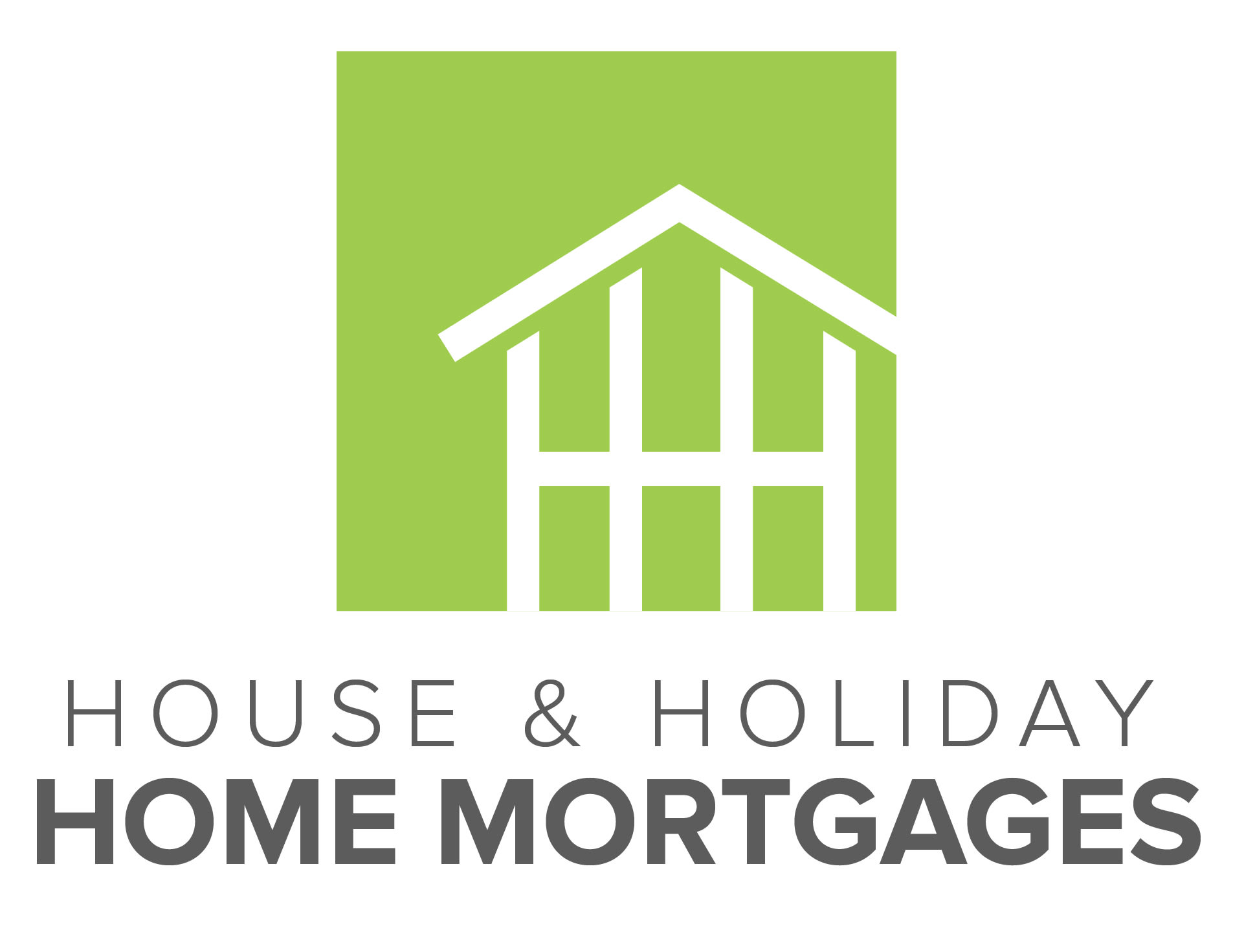Solar Panels vs your Mortgage

What do solar panels have to do with a mortgage, I hear you ask.
Granted, it may seem a bit off-beat compared to some of my recent posts where we have explored ways of getting mortgages. These more obvious posts have included; how to get a loan with poor credit, how to be a prepared first-time buyer, and even affordability and loans for those of us who are a bit older.
Solar panels, however, can also affect whether you get the mortgage offer you’re looking for and so it’s definitely a topic that I want people to be aware of.
SO, WHAT ARE THE ISSUES WITH SOLAR PANELS?
Well, over 500,000 properties in the UK now have solar panels installed on their roofs – this equates to approximately 2% of the 28,000,000 homes here in the UK.
Now, this is where it gets tricky.
Some of those people installed solar panels on their home as part of a rent-a-roof scheme, where a third party will pay for the solar system to be installed, and in return, the homeowner needs to sign over all the feed-in tariff payments to this third party.
MORTGAGE COMPANIES CAN BE TROUBLED BY THESE SCHEMES!
The third parties required a lease to be signed, which gave them access to your roof for 20-25 years. These leases are binding on any future buyers.
This means, that as the new potential homeowner you will need to abide by everything set out in the lease. Mortgage lenders will be particularly concerned if installations come with a requirement to cover maintenance costs or grant onerous access rights to the provider. Ultimately, this could mean that they’re not willing to lend against such a property.
IT DOESN’T JUST AFFECT MORTGAGES
Since the panels are in place and can’t be removed under the terms of the lease, it means that if you have big plans to put on a roof extension or a similar development, you will need to wait until the lease lapses!
IT’S NOT ALL DOOM AND GLOOM
Every lender will have a slightly different slant on what can and cannot be done.
Here is a typical Building Society’s criterion:
The Society does not apply any restrictions in relation to solar panels where the applicant(s) is funding the purchase of panels themselves or via additional borrowing, providing they are doing so with no creation of any long-term lease arrangement with the panel provider.
Where the solar panel provider is creating a lease, the maximum LTV is 50% and the property value must be a minimum of £100,000.
A condition will be attached to the offer of advance that lending is subject to the appropriate planning permission and consents being in place. Other lenders will just ask to see the lease.
Looking at this particular criteria, if the panels are leased, you’re going to need a large deposit as the lender will give you a maximum of half of the value of the property. If it’s a £300,000 house you’re looking to buy, I hope you’ve therefore got £150,000 in the bank for use as a deposit!
So, put simply, if you are looking a new house and you see solar panels on the roof, ask the question are they owned or leased?
From my mortgage standpoint, I hope they’re owned!
GET IN TOUCH!
If you’d like any further information or to talk about a potential mortgage, please contact Mark on 01453 887179 or via mark@hhhmortgages.com.

